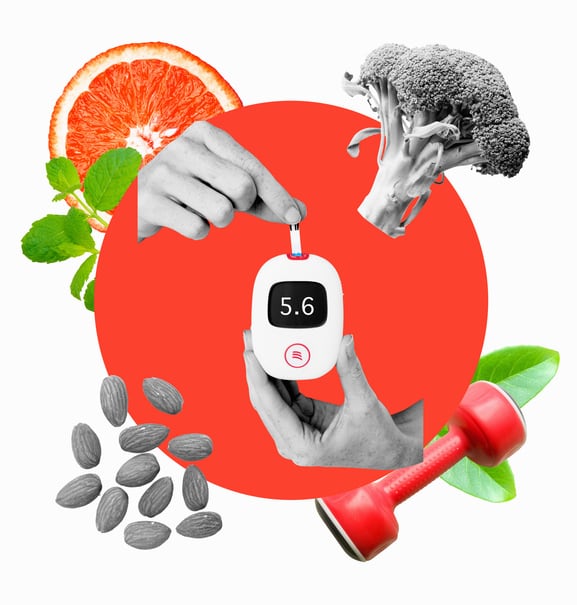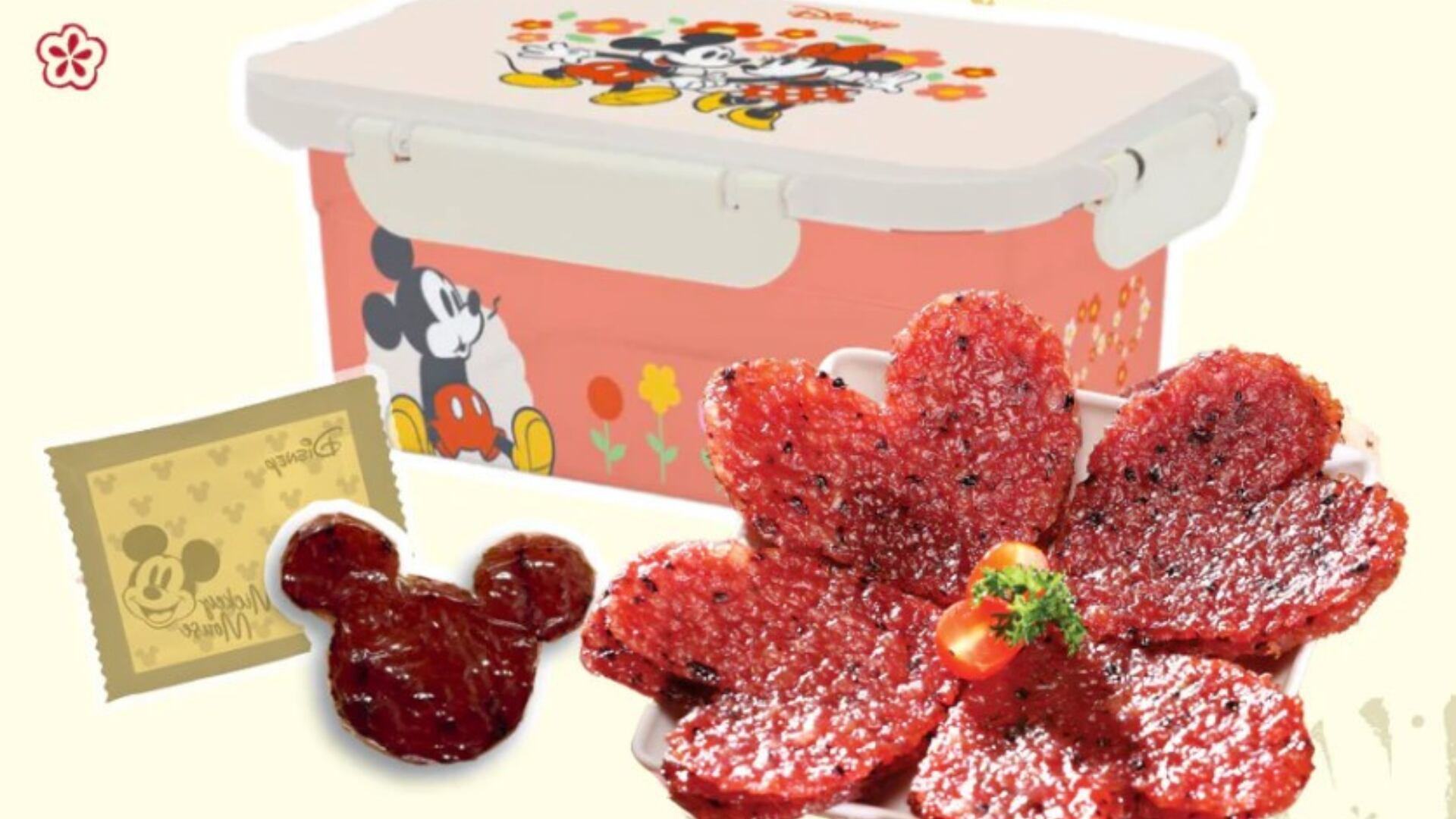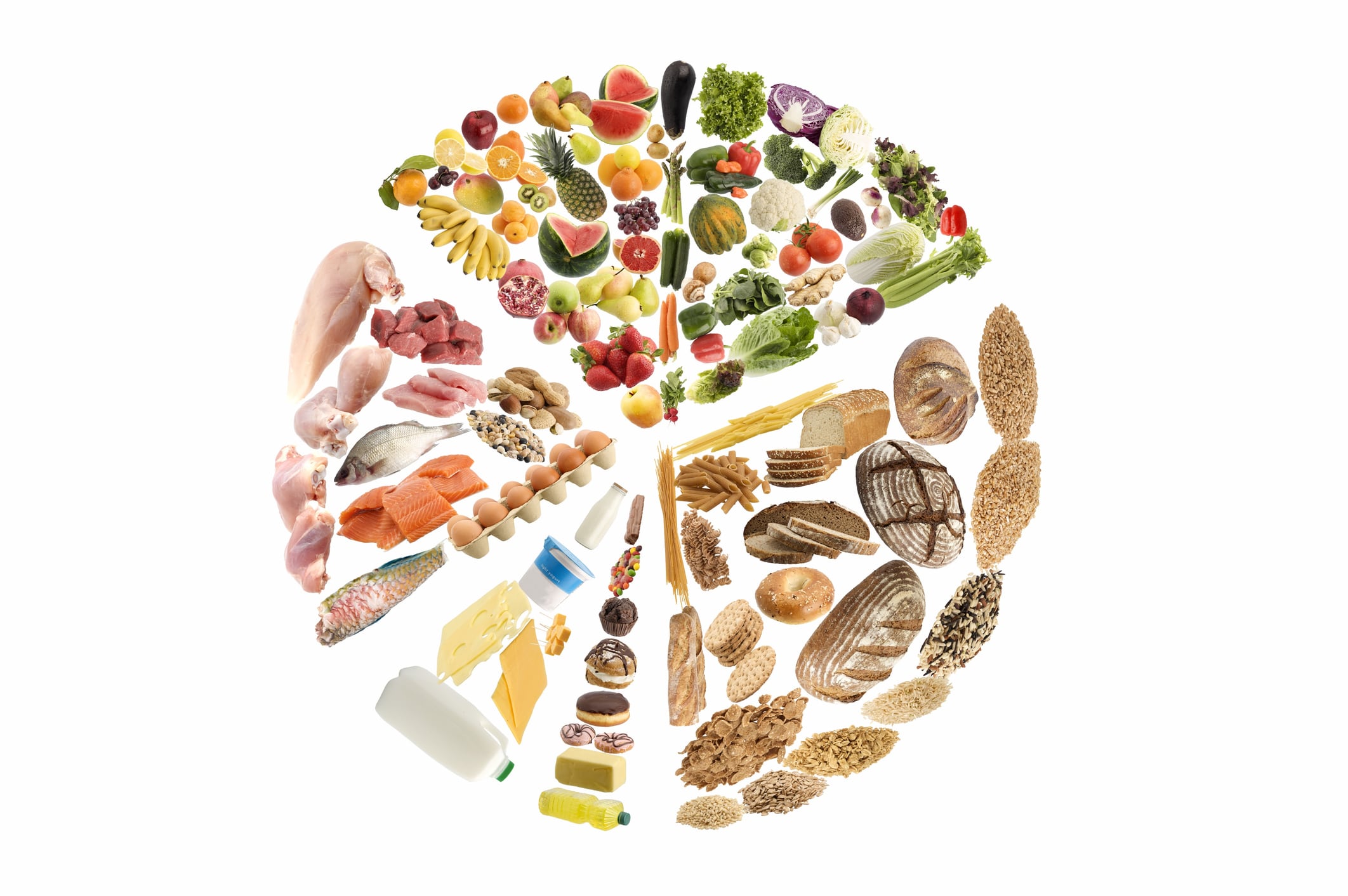Kamlah Gold taps convenience and customisation for tea launches in APAC, Middle East
India-based Kamlah Gold launches a new range of premixes, teabags, and loose teas in Singapore, with customisation at the core of its strategy for APAC and Middle Eastern markets.
The firm’s new range offers convenience and wellness with herb- and spice-infused blends designed for quick preparation and portability.
The new range’s premixes and teabags come in individually packed sachets, while loose tea leaves are packed in resealable 100g pouches, which help retain aroma and freshness.
UAE and South Korea pegged as ‘dark horses’ in regional food AI leadership
National AI prioritisation by the UAE and South Korea could see both nations leading regional AI usage for the food sector in the near future.
The use of artificial intelligence (AI) in the agrifood sector has grown by leaps and bounds over the past decade, but whenever mentioned as part of the Asia Pacific or wider AMEA (Asia, Middle East and Africa) region, China usually dominates the conversation.
This is unsurprising given the rapid progress it has made in this field, from the launch of DeepSeek rivalling ChatGPT to the integration of AI into DJI drones.
That said, with the interest in the tech rapidly rising in the region and more data being gathered, many other governments are also buying into its potential, including South Korea and the United Arab Emirates (UAE).
Could black tea be the answer to reducing breast cancer risk for Middle Eastern women?
Daily consumption of black tea is associated with reducing the risk of breast cancer in the Middle East, according to a large-scale review
Black tea is a widely consumed beverage in the Middle Eastern region, and scientists believe that consistently drinking this could confer protective effects against breast cancer.
This was according to a large-scale systematic review conducted by researchers covering 65 studies across the Middle East and North Africa (MENA) region. Countries covered in the review included Iran, Jordan, Turkey, Saudi Arabia, Morocco, Iraq, and Algeria.
Spicy foods and Middle East sales emerging as top South Korea food export growth drivers
South Korea’s food export growth is increasingly being driven by spicy ramen, sauces and expanding sales in the Middle East.
“The biggest growth we saw in this time has come from the Gulf Cooperation Council (GCC) market, i.e. the Middle East, which grew 37.9% year-on-year to US$81mn in value,” local Ministry of Agriculture, Food and Rural Affairs (MAFRA) spokesman Seung-ho Choi told FoodNavigator-Asia.
“This was followed by the European Union and UK (34.1% growth), North America (21.7% growth) and Commonwealth of Independent States (CIS in Eurasia, comprising former Soviet republics) and Mongolia (15.7% growth).”
Food fraud and recalls – industry stresses are ramping up
The food and drink industry is facing some of its biggest threats
The food industry is facing some of its toughest hurdles in decades, evidence from two sobering reports reveal.
An increase in the number of fake foods and drinks have raised public safety concerns, while a significant rise in the number of food and drink recalls has also been predicted.
But first food fraud which, according to a new report, is getting much worse due to failing regulatory frameworks, poor surveillance measures, geopolitical problems and increasing climate crises.





